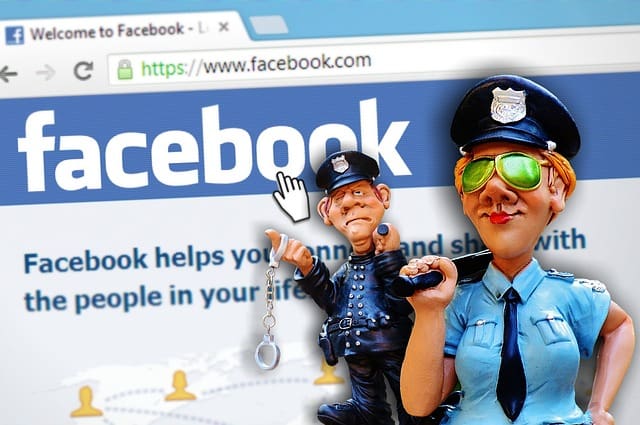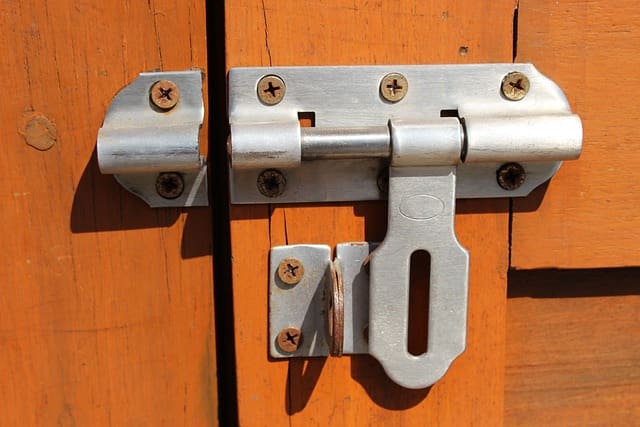As technology continues to evolve, your business’s security measures must do the same. In this digital age, hackers and other malicious actors can find their way into your website, potentially stealing your customer’s data, damaging your company’s reputation, and disrupting your online business. That’s why website security is essential for your business. In this article, we’ll breaking down everything you need to know about website security and why it’s important, so you can keep your business’s data safe and secure.


I. Safety First: How Website Security Protects Your Business
In any industry, security should always be one of the top priorities. For a business that has an online presence, this means ensuring the website’s security by taking active measures to prevent malicious hackers from accessing sensitive information. Here are some of the measures that can be taken to ensure protection:
- Secure coding practices: Adopting secure coding practices can significantly reduce the risk of hacking. Developers should use languages like HTML5, CSS and JavaScript, and also utilize best practices such as lockout mechanisms and data validation.
- End-to-end encryption: End-to-end encryption ensures that all data sent over the Internet is encrypted and kept secure. This prevents hackers from intercepting data and gathering useful information from it.
- Regular server updates: Regularly updating the server can help patch security vulnerabilities and fix any potential exploits hackers may use.
By taking the right steps to ensure website security, businesses can protect their data and ensure the safety of their customers. This offers peace of mind both to the business and its customers, and ensures that all operations are done securely.


II. Safeguarding Your Clients and Your Brand
The digital world can be both a blessing and a curse when it comes to managing your client’s data and your organization’s reputation. By establishing a few best practices, you can ensure the security of your clients and the integrity of your brand.
- Secure Your Systems: You should always be asking yourself how you can best secure your systems. This means having an up-to-date firewall and web security policy, robust encryption and data protection tools, and setting reasonable session timeouts.
- Monitor Client Activity: Implementing a system that monitors and warns of suspicious or unusual activity from clients is critical. This system should log relevant information and alert you if there are any abnormalities.
Investing in the right technologies, training your personnel and staying informed of the latest threats can help you keep your clients safe and your brand unscathed. Staying vigilant is the best defense against both internal and external criminal activity.


III. Don’t Let Cybercriminals Ruin Your Reputation
When it comes to online reputation, cybercriminals are out to ruin yours. Scams, identity theft, deceptive advertising and fraud are just some of the many malicious activities they pursue causes victims significant financial and emotional damages. What’s worse is that these criminals don’t just target the individual – they target business brands, too.
It’s important to take steps to protect your reputation from malicious cyber criminals. Here are a few key tips you should follow:
- Educate yourself about security threats: Learn how to recognize scam emails and phishing attempts. Take the time to review security features of the systems you use.
- Beef up your cyber security: Make sure your software and systems are up to date with the latest security patches. Use strong passwords with complex characters.
- Be vigilant and vigilant: Monitor your online activity and accounts, and report any suspicious activity. Immediately contact your bank or online provider when you find any suspicious activity.
By following the tips above, you can minimize the risk of cyber criminals ruining your hard-earned reputation. Protect yourself from reputational damage and put cyber security first.
IV. Investing in Website Security – A Necessity in Business Today
Throughout the years, businesses have witnessed a vast growth in technological advancements, making it possible to wirelessly connect to the internet from anywhere, from any device. This expanding availability of technology means that loundrums have had to up their cyber security game and ensure that their website and platforms are as secure as possible.
Businesses today should never take the risk of compromising their website security, as there are too many security threats and frauds looming, waiting to take advantage of any weak system. Investing in website security is truly a necessity, however the multitude of options can be overwhelming. To make things easier, below are a few tips to kickstart your cyber security defence:
- Keep Your Software Up to Date – To ensure your website’s security, you should always keep your software updated as newer versions are often released with security bug fixes that can protect your website from potential threats.
- Choose a Reliable Web Hosting Service – Plenty of web hosting service providers exist today, yet it is important to select a reliable service that only uses enterprise-grade security.
- Install Adequate Firewalls – Firewalls go a long way in boosting your website security. Make sure your hosting provider includes firewalls to protect your website from potential threats.
Through regular maintenance and evaluation of your website, you can make sure all security measures are up to date and your website is safe from any hackers. Security is never something to be taken lightly, so make sure you invest your time and resources into properly protecting your website and the data it holds.
V. Tips to Improve Website Security and Protect Your Business
1. Reinforce Firewalls and Passwords
A crucial first step for your business website security is to install a secure and up-to-date firewall and ensure all passwords used to access the website are secure. Change all passwords regularly, making sure that no system is weak enough to be hacked. Additionally, ensure any intrusion detection software is running, and all employees have access to relevant security policies.
2. Implement Encryption
Encrypting all confidential data on your website such as customer details, financial information and login details can drastically reduce the likelihood of a breach in your website security. With encryption, any data accessed by criminals or hackers is useless unless they can decrypt the data. Also, consider having two-factor authentication when users are logging in, adding a much needed extra layer of security. The internet today is the most powerful tool to reach out to your customers, so website security should be taken very seriously. Taking steps to secure your website and protect it against cyberattacks can ultimately save you a lot of time and money in the long run. Protecting your website is a necessary investment in the success of your business and overall customer trust.







